Table of Contents
ToggleThe United States of America is a country proud of the freedoms offered to its people. The government readily cites this when comparing the US to other nations.
But the process of guaranteeing constitutional rights has been one of compromise and gradual change. As a result, citizens enjoy many constitutional rights now due to the Bill of Rights and other Amendments.
What Are Constitutional Rights?
Constitutional rights are the rights of the United States’ people concerning the government’s actions and responsibilities.
There are certain actions that the federal government and law enforcement cannot take against the people of the United States because they would be deemed unconstitutional.

Typically, these relate to certain freedoms that citizens may uphold without fear of retribution from those in power.
The Constitution and the Bill of Rights
At first, the United States Constitution merely laid out the roles and responsibilities of the federal government, providing a blueprint on how it should act and the system’s structure.
Federalists at the time believed this was more than enough as a framework. However, some Anti-Federalists at the Philadelphia Constitutional Convention didn’t agree.
They wanted the constitution to guarantee more rights to make it clear that the people of the United States had specific freedoms. They felt it wasn’t enough for these to be implied only.
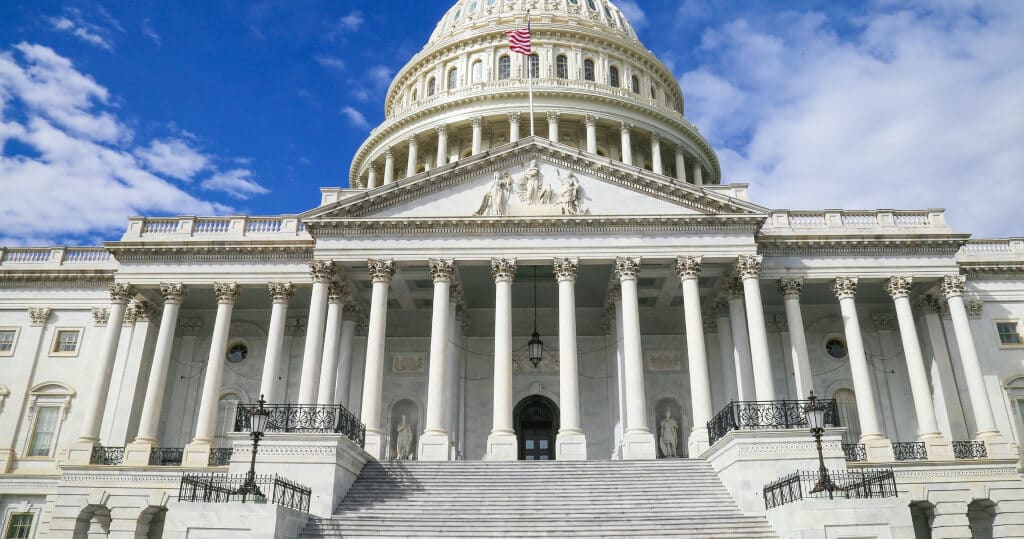
In 1789, a series of amendments went before the House of Representatives and the Senate to ensure that these fundamental rights of the people were in place.
The Senate approved 12 amendments proposed by James Madison for consideration by the states, and 10 were ratified in 1791.
This series of amendments became better known as the Bill of Rights and was housed in the United States Constitution to clarify those crucial constitutional rights.
The First Amendment and the Five Basic Rights
The First Amendment is perhaps the most important in guaranteeing constitutional rights for the people of the United States because it enumerates five basic freedoms. They are:
- Freedom of religion
- Freedom of speech
- Freedom of the press
- Freedom of assembly
- Freedom to petition the government.

Other examples of constitutional rights from the Bill of Rights are:
1) The right to bear arms (Second Amendment). While this remains one of the more controversial amendments, it is one held dear by many. It ensures citizens can own guns, as the Militia did to secure the free state. Notions to bring in gun control are often deemed unconstitutional.
2) The freedom against double jeopardy. While the Fifth Amendment is often cited as the right not to stand trial for the same crime twice, there is more to it. It also provides the right to a fair trial by a grand jury in federal cases. The Sixth Amendment expands on that with the right to a speedy trial.

Get Smarter on US News, History, and the Constitution
Join the thousands of fellow patriots who rely on our 5-minute newsletter to stay informed on the key events and trends that shaped our nation's past and continue to shape its present.
3) The freedom from any cruel and unusual punishments. The government may not impose any punishment on citizens that is excessive or cruel. This means no excessive bail or fine requirements and protection against physical harm.
4) The clarification that citizens have other rights not laid out in the Bill of Rights. The Bill of Rights was an essential document but only went so far without this Ninth Amendment to cover any gaps and loopholes.

The Amendment Process Also Allows for Additional Updates for Constitutional Rights
Representatives can put forward additional proposals for amendments to the constitution. These amendments typically fall into different categories.
First, you have those who wish to alter how the government operates. Or, you have those that want to cement certain rights so far unmentioned in the constitution, Bill of Rights, or other ratified amendments.
Amendments for the Freedoms of Minority Groups in the United States
Over the centuries, the government has recognized the rights of different groups and minorities as US Citizens. This process is ongoing, and there are proposals relating to the rights of those born in the United States to foreign-born parents.
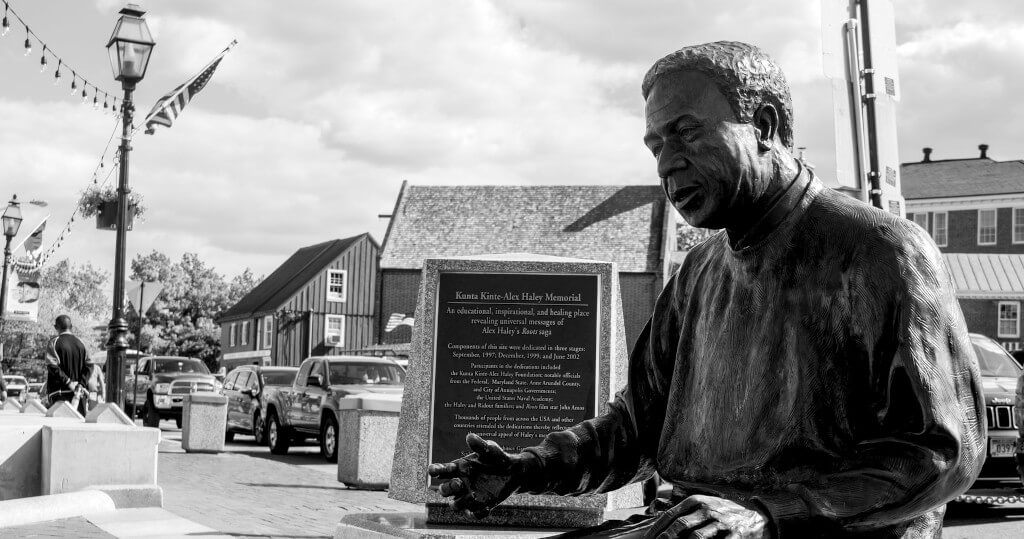
Key amendments here include the Thirteenth and the Fourteenth. The Thirteenth Amendment ended slavery and gave freedoms to those that had suffered under it.
The Fourteenth took this further with greater civil rights for those born and naturalized in the United States.
Amendments for the Freedom To Vote in the United States
The Fifteenth Amendment deals with the constitutional rights of citizens to vote in elections without discrimination based on their race or any previous condition of servitude.
However, it wasn’t until the Nineteenth Amendment that the constitution was adapted again to include women. The right to vote couldn’t be denied based on biological sex.
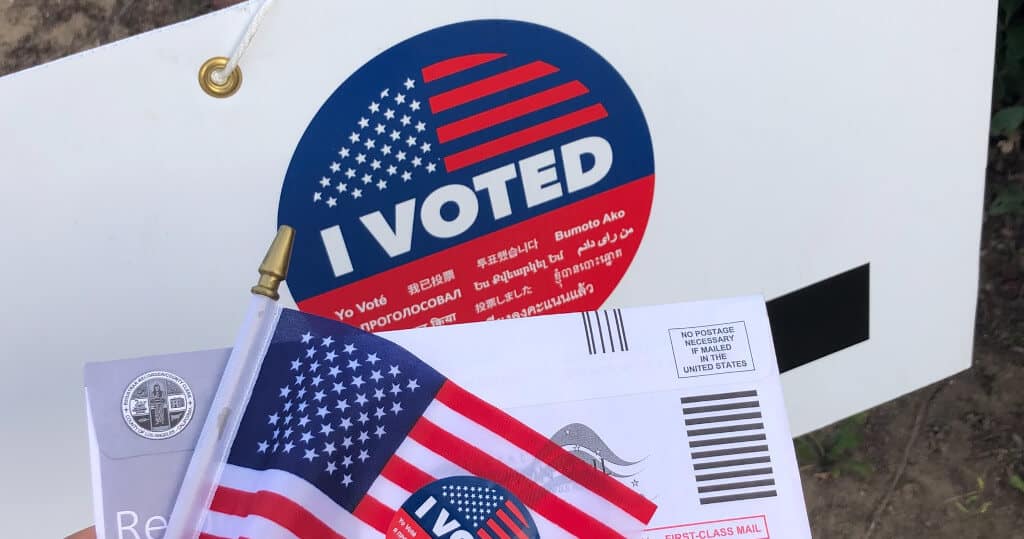
Later, the Twenty-Fourth Amendment ensured that the right to vote couldn’t be impeded by the failure to pay a poll tax or other tax.
Finally, the Twenty-Sixth Amendment changed the voting age from 21 to 18.
Constitutional Rights and the Law
It is important to remember that constitutional rights apply to situations involving those in a governmental position of power.
They may discriminate against people or do them harm in a way that undermines the rights laid out in the constitution and Bill of Rights.
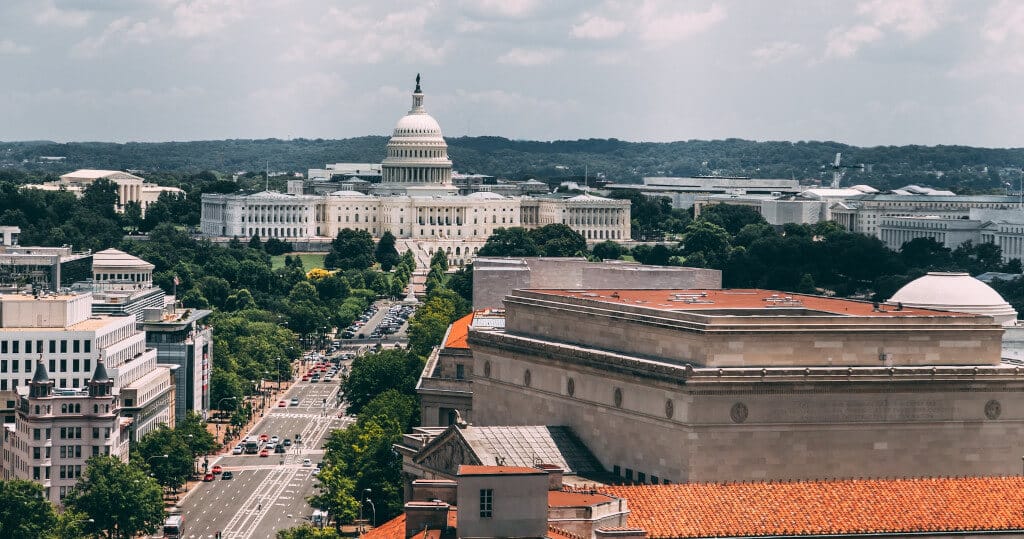
They do not apply to situations where other public members carry out similar acts of discrimination.
For example, if a government body were to stop a religious group from practicing, that would violate that group’s constitutional rights.
Constitutional Rights in the United States
The Bill of Rights may have ensured some basic fundamental freedoms for the citizens of the United States, but the process didn’t end there.
Instead, those initial constitutional rights provided a solid foundation to improve the constitution as a document for the rights of the people and not just the responsibilities of the government.
Moreover, the ability to add further amendments means that these constitutional rights can evolve with time.
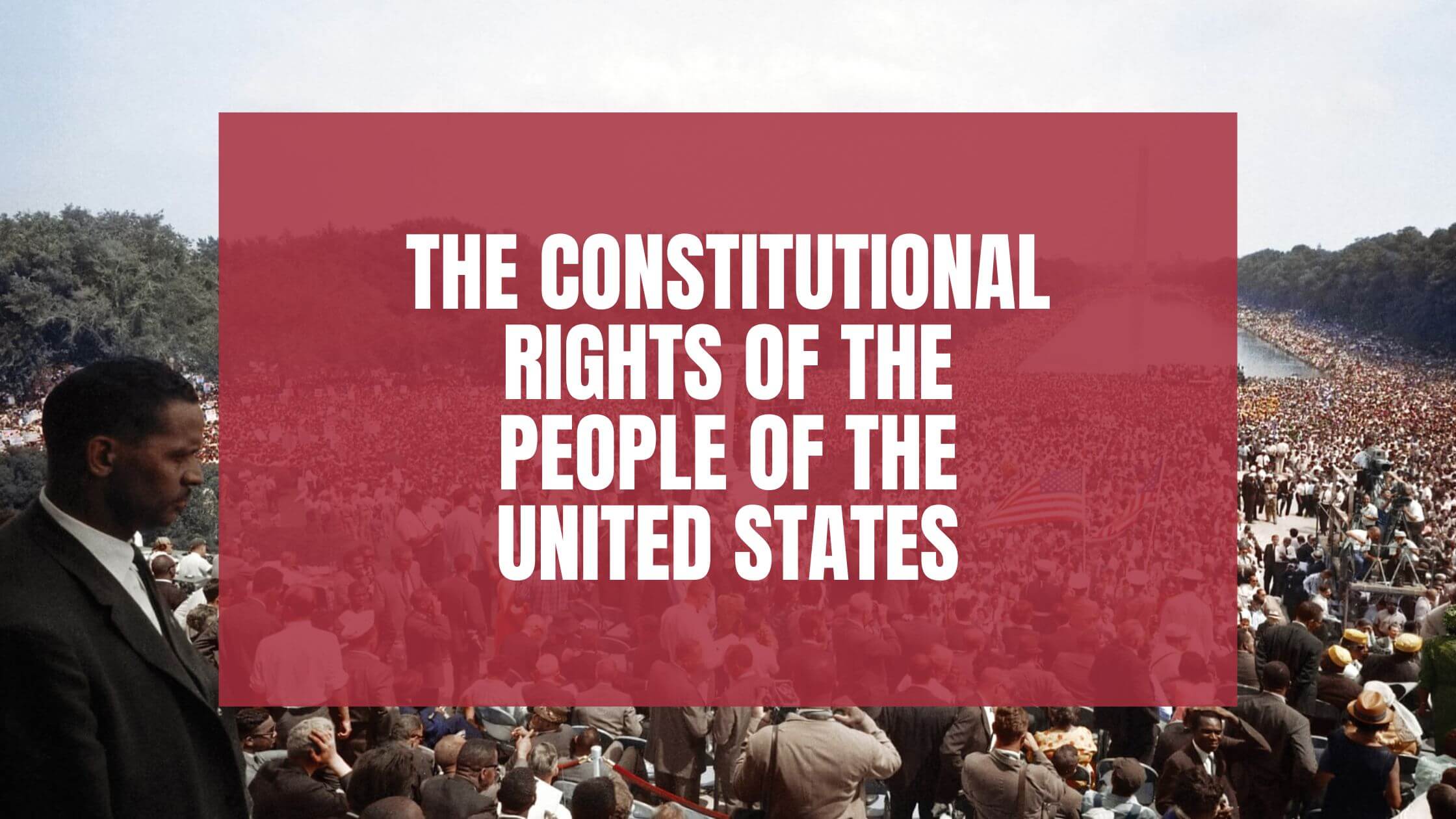
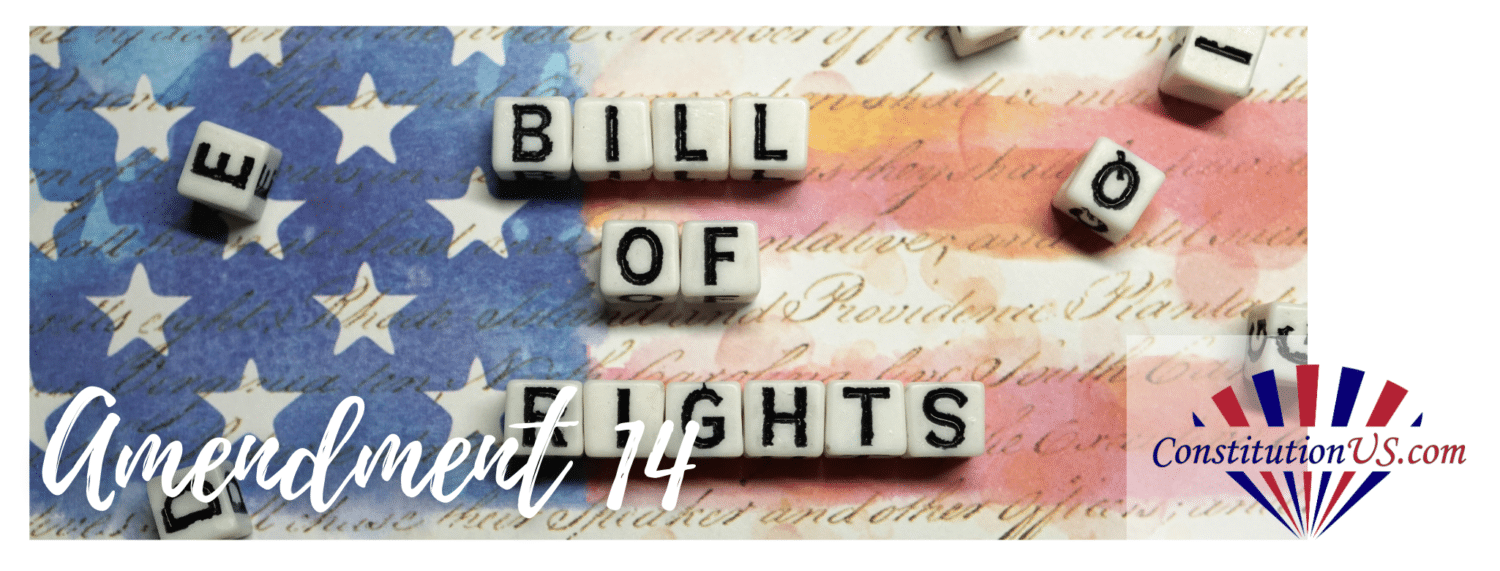
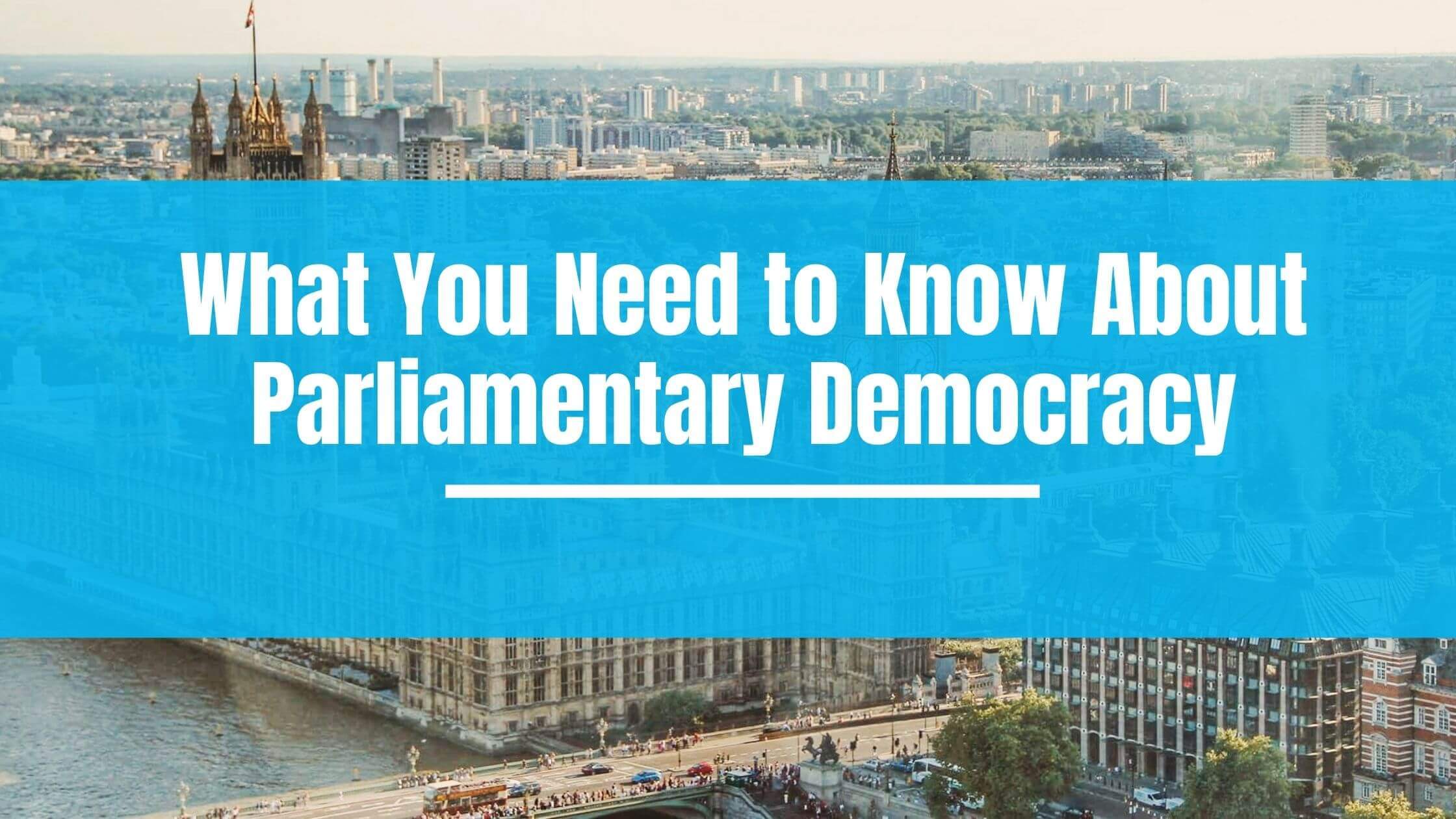








15 Responses
I will be highly obliged if you would kindly tell me the definition of CFR (Code of Federal Regulation) as per the Constitution of the United States
The Constitution should be thought of as a concept which is subsequently put into place by a code of laws – in this case the CFR. While Congress is in session ; ie ‘working’ the members are constantly revising and creating new laws that are passed based on the majority’s vote.
I believe the Twenty-sixth Amendment (old enough to fight, old enough to vote) changed the voting age from 21 to 18 as opposed to from 18 to 21 as stated in this article.
It it right to run for office in other states when you are not a citizen of that state. You can’t vote in other states. People in other states should not be able to run.
Any “Right” that requires Federal Funding (taxation), is suspect. It is not allowable for the Federal Government to take money from any U. S. Citizen to pay for someone else’s claim to a right. Of all the Ten Amendments to the U. S. Constitution, the Tenth carries the most weight; because is constrains the Federal Government.
Words on paper as long as official’s find loopholes in language they simple apply selectively in a routine ,for qualified immunity or failure to state a claim or especially in the recent evolution of the case simply dies with the plaintif , and accidents will happen
Can you please tell me where our Constitutional Rights are cited that provide freedom from State and Federal mandates? Where in the Constitution does it provide for the right to make our own decision regarding Covid Mask Mandates and Covid vaccine mandates. Thank you.
That would be the 8th – The freedom from any cruel and unusual punishments. The government may not impose any punishment on citizens that is excessive or cruel.
Masks are not punishment. They are caring for others so they don’t die because of ignorance. However COVID happened is another issue, but it did. We foolishly protested I to and many died. 1 in 5 Covid deaths were Americans. There is hundreds of countries. Every fifth time a country lost a citizen, it was us.
People have a right to not have their face covered or told how to behave or what to do? That is common sense this has always been a right in America. How about if you were told to wear ear plugs, put on a Burka, Wear Sunglasses….put on a oxygen breathing apparatus…its not just a right it is common sense people have a right to not have their face covered up.
Recently there was a couple filming the police, doing first amendment audits. They had no prior arrests. They never broke the law but police didn’t like being recorded. Couple was arrested for disorderly conduct. Court imposed a $110,000 bond. Couple is poor, they have a child, been in jail for months. Isn’t the $110,000 bond unconstitutional?
If the government can’t make you wear a mask, how can they make you wear clothing? And yet they can. Walk around a downtown area naked for a while and see what happens.
Your funny…
The United States of America is the only Republic in the history of this planet that upholds the right of the minority, i.e. the Electoral College. The lies of the WOKE world have turned everything on its head, backward is forward, down is up and perverse are typical.
I have a question where it makes it legal for a member of a unified assembly, or societal membership to 86 a fellow resident and member or record them without their consent just because someone IN POWER or a head of an organization labeled them a deviant in a deviant society, that gave other people the right to RAPE an steal an takeaway every civil right from this person who is supposed to be included in this new government
? How do you seriously outcast one person? an it does not apply to the other members of society? I mean how is this possible if its only localized in one city? localized in one city?on while the entire world . or to install cameras in this persons home?